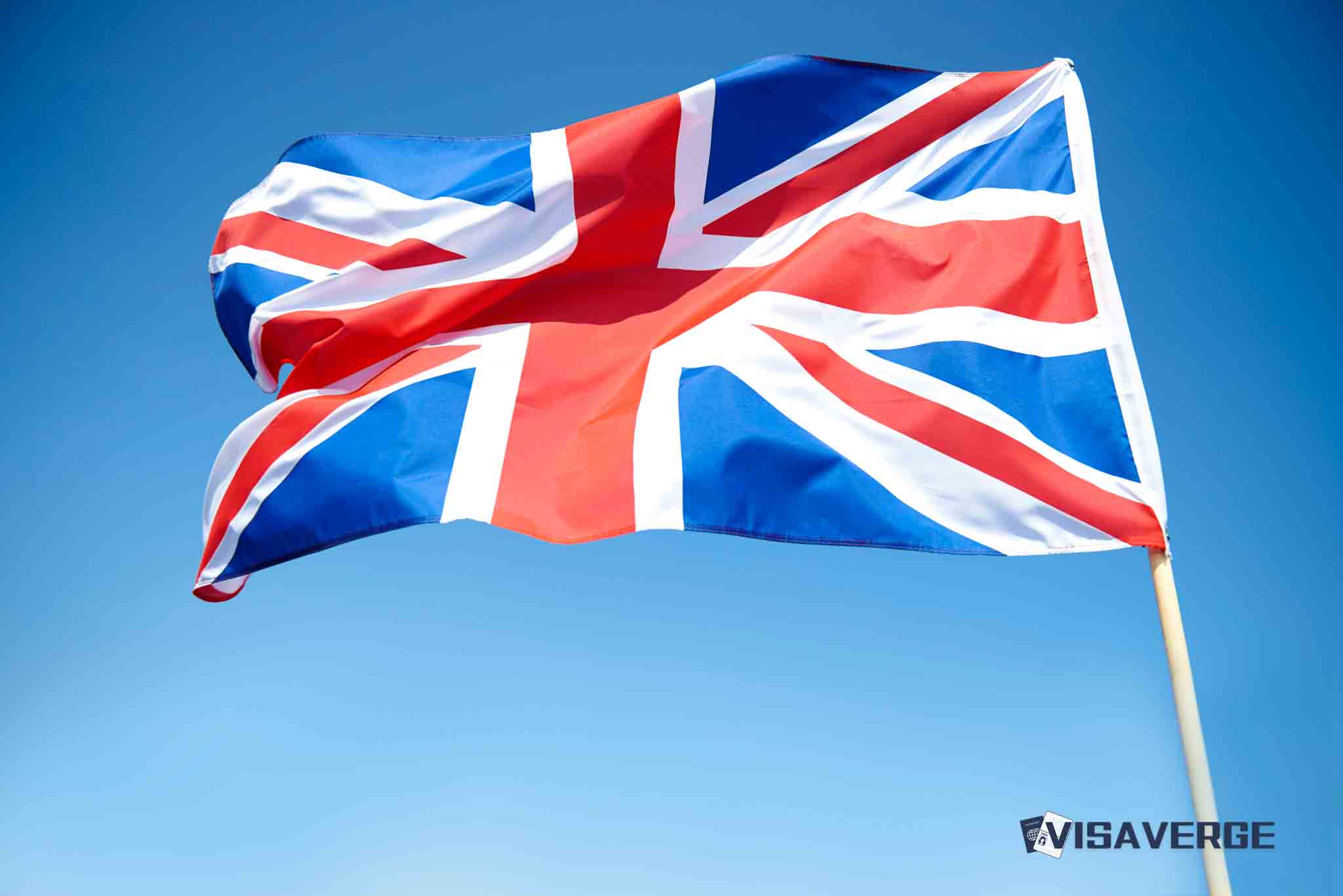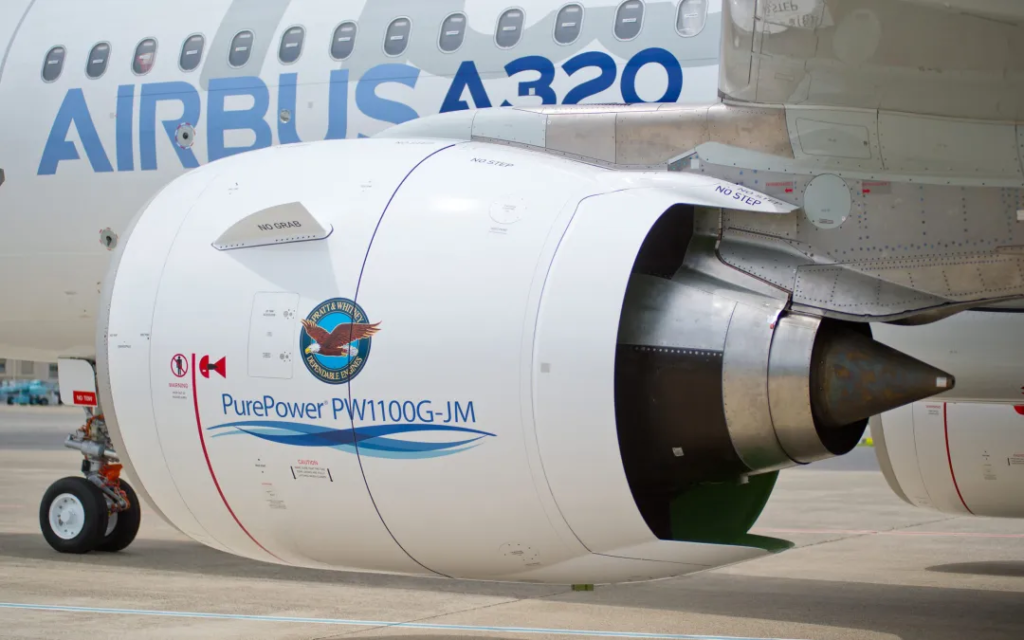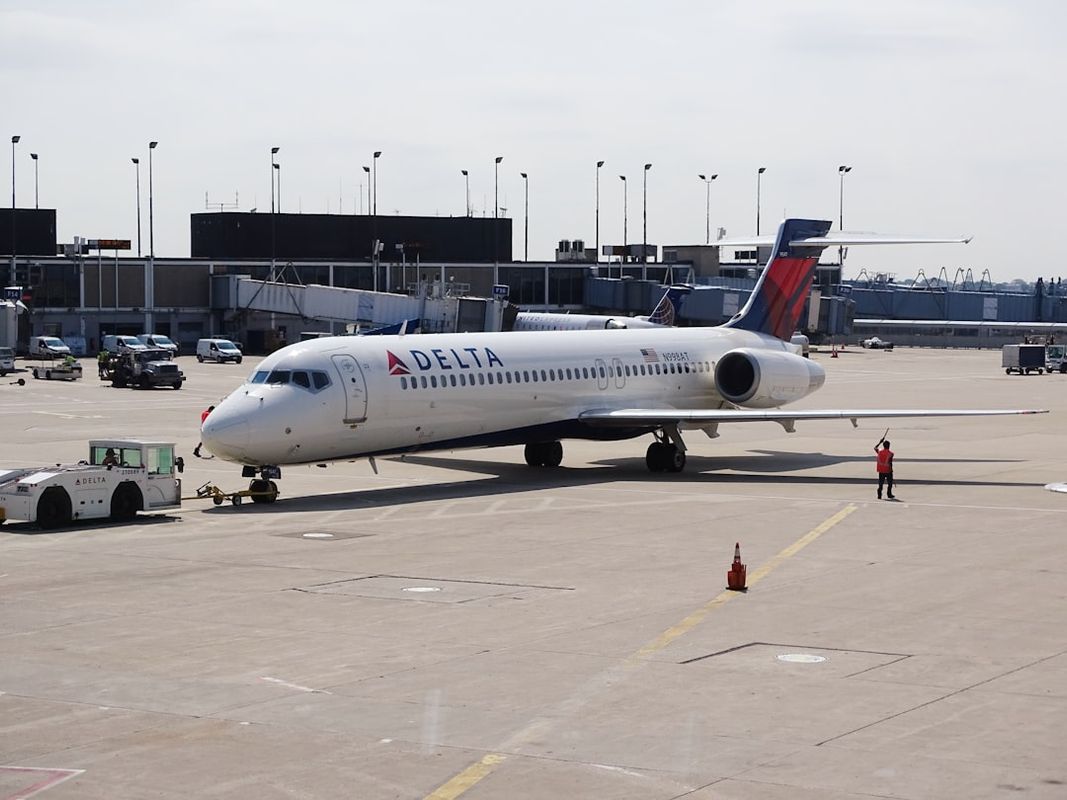(UNITED KINGDOM) Visitors from dozens of countries who are used to walking off a plane and heading straight to passport control in the UK will face a new rule from February 25, 2026. From that date, citizens of 85 visa-exempt countries – including the United States 🇺🇸, Canada 🇨🇦, France and Australia – will have to get an Electronic Travel Authorisation (ETA) before they travel, or they will be refused boarding by airlines and other carriers.
The ETA is a digital permission that must be approved in advance for short trips of up to six months for tourism, business visits, short study, or transit through the UK. The change marks one of the biggest shifts in how people enter the country in years, as the Home Office moves toward a fully digital border system in which most checks happen before a traveller even reaches the airport gate.

What the ETA is and how it works
- The ETA is an electronic authorisation stored digitally rather than placed as a sticker or stamp in a passport.
- Travellers will apply online via the official government website or a mobile app.
- Border officers will see the ETA automatically when a traveller’s passport is scanned on arrival.
Key practical points:
– Applicants complete a form with basic personal details and passport information.
– Applicants answer questions about their visit and background.
– Applicants pay a £16 fee online.
– Approved ETAs are usually valid for two years and allow multiple trips, provided the passport used in the application remains valid.
Important: if the passport expires or is replaced, the traveller must apply for a new ETA even if the two-year period has not finished.
Who is affected — and who is exempt
- A total of 85 visa-exempt countries will be covered. This includes major travel sources such as the United States, Canada, France, and Australia.
- British and Irish citizens are exempt from the ETA requirement. This includes:
- People with a valid British or Irish passport.
- Those with a certificate of entitlement to the right of abode.
- The Common Travel Area between the UK and Ireland remains in place. Legal residents of Ireland who travel to the UK within this area may also be exempt, but they must be able to prove legal residence in Ireland if asked.
- Nationals who already require a visa (for example, Indian citizens) will see no change: they must continue to apply for the usual visitor visa and do not qualify for the ETA.
Enforcement and who checks the ETA
- From February 25, 2026, airlines and ferry companies will be required to check that passengers have either a valid visa or an approved ETA before boarding.
- Carriers are expected to refuse boarding to anyone without the right permission at check-in — long before they reach a UK border control desk.
- This approach aims to prevent people who do not pass security checks from starting their journey.
Airlines will check ETA or visa before boarding. If you lack either, you’ll be refused boarding. Also remember: if your passport expires or is replaced, you must reapply for a new ETA.
Rollout and testing
- The ETA programme has been rolling out in stages since late 2023.
- It began with a small number of Middle Eastern countries and has extended to more nationalities over time.
- By early 2026, officials plan to cover all 85 visa-exempt countries.
- The staged rollout is meant to test the system and reduce the chance of technical problems when global demand rises.
Government goals and future plans
The official goals are twofold:
1. Stronger border security — by collecting data before travel so security and immigration checks can run in advance.
2. A smoother travel experience — by speeding up entry for screened visitors and reducing time spent at the border.
Officials describe the ETA as an early step toward a more “contactless” border:
– Less need for landing cards or manual questioning.
– More screening moves to the online application stage.
– In the future, many ETA holders may be able to use eGates or other automated systems more quickly (details still in development).
Practical advice for travellers
- Treat the ETA like booking a ticket or hotel room: do it before you leave home.
- Apply well before travel in case of processing delays or extra checks — the government has not set a legal maximum processing time in public guidance.
- Carry proof of your passport and any documents requested during application.
- For frequent travellers, the two-year multi-entry ETA can be convenient; for infrequent visitors, the extra step and £16 fee may feel more significant.
Apply online or via the official app well before travel, and pay the £16 fee. Save your ETA reference, since you may need to present it along with your passport at check-in.
Quick checklist:
1. Check if your country is one of the 85 visa-exempt states.
2. Apply online or via the official mobile app.
3. Pay £16 and await electronic approval.
4. Ensure the passport you used for the application remains valid for subsequent trips.
Potential effects on travel and tourism
- Tourism groups are monitoring potential impacts on visitor numbers after February 25, 2026.
- Concerns:
- Even a small added step could deter last-minute breaks or weekend trips.
- Counterpoint:
- Many travellers are already used to similar systems in other countries and may adjust quickly.
- The government does not plan to reduce the number of visa-exempt countries; it is changing how those visitors are managed.
If you are from one of the 85 visa-exempt countries and plan to visit the UK for a short stay in 2026 or beyond, you will need an ETA approved before departure from February 25, 2026, or you should expect to be turned away before you even board your flight.
Official information and next steps
The Home Office advises all affected travellers to check the latest details on the official UK government ETA page at gov.uk – Electronic Travel Authorisation (ETA) before booking. This is the official application route and will be the main source for updates as the 2026 deadline approaches.
If you’re from an 85 visa-exempt country (including the US, Canada, France, Australia), ETA becomes mandatory from Feb 25, 2026. Verify your eligibility and apply early to avoid last‑minute issues.
As the start date nears, travel agents, airlines, and border experts expect a rush of questions from first-time users. The message from officials is clear: secure your ETA before you travel after February 25, 2026, to avoid being refused boarding.
From February 25, 2026, travellers from 85 visa-exempt countries must secure an Electronic Travel Authorisation (ETA) before travelling to the UK. The ETA, applied for online with basic details and a £16 fee, is valid for two years and permits multiple short stays up to six months. Airlines and ferry operators will refuse boarding without an ETA or visa. The staged rollout began in 2023 to test systems; officials say the move enhances border security and streamlines arrivals for pre-screened visitors.













